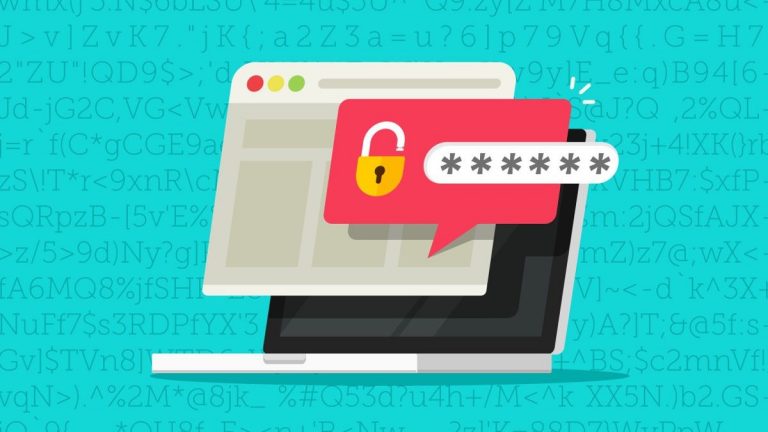Data breaches have become too common, especially with this new age of tech advancements. Nowadays, most people store and manage all their data online. This leaves it vulnerable to cyber-attacks and data breaches. The good news is, that there are a few things you can do to keep your data safe.
Once hackers get into one of your accounts, they will try to use that to log into your other accounts. For instance, if they get a hold of your username and password by hacking your emails, they will try to use that to log into banks and other applications. The best way to prevent this kind of data breach is by using strong, unique passwords for all your applications/accounts.

Password management programs help users maintain strong, unique passwords for different accounts. You can use these programs to generate strong passwords for your account, automatically enter login credentials into the apps and also update your passwords. It is a great tool to organize and remember your account passwords.
Most browsers come with a built-in password manager. Unlike independent password management solutions, browses import the password into their own storage. This makes your usernames and password vulnerable to hackers and phishing. I would recommend turning off your browser’s password manager to prevent any theft.
Using 2FA is a great way to provide a second/third protection layer for your accounts. First, there is security questions/passwords/call, then 2FA and the actual password. With 2fa, you actually need to pass through a second authentication process after inputting your username and password. This is great for sensitive accounts with valuable personal information or data like ID, passport, debit/credit card.
It should be a habit to use a virtual private network anytime you are using a Wi-Fi network that is not your own. Wi-Fi networks, outside of your own, will not always offer you the secure connection you need. also, when there are multiple people on that network, someone could access the data and files on your phone or laptop. In some cases, the network owners are the perpetrators.

Data breaches have become too common, especially with this new age of tech advancements. Nowadays, most people store and manage all their data online. This leaves it vulnerable to cyber-attacks and data breaches. The good news is, that there are a few things you can do to keep your data safe.
Before logging into your accounts, emails, website, and other online services, first check to make sure the sites are secure and your data is encrypted. Secure websites should have HTTPS at the beginning of the URL. This means that the site has an SSL certificate and will secure all your data. It shows that the communication you make between you and the site cannot be modified or intercepted.
You should also see a lock icon at the address bar. If there is a red strike-through the lock, this is a warning that the site may not be authentic.
Network logs provide valuable information when it comes to cybersecurity threats like hacking. Hackers can use your network to access data and credentials on your website. With a shared network, your security is always at risk. You expose your accounts, and businesses to auto attacks, phishing, hackers, and other cybercrimes. If you can, you could use an independent server for your home or business network, or implement anti-fraud tools that provide protective features.
Hackers are known to use malware and virus programs to access computers and phones. The easiest way to do this is by sending emails to potential victims. If they get access to your computer, they can easily hack into your files and programs. They collect data and use it as they please. Antimalware or antiviruses place an antihacking lock on your devices and prevent hackers from accessing your information.
Browser caches consist of web history, saved cookies, and searches. A browser could hold important information like your home address, family information, user accounts, and other personal data.
So, to protect yourself and your personal information you need to delete the browser cookies and also clear the browser history regularly. Keep in mind that deleting cookies will lead to a loss of personalization on some websites but you can opt to keep those cookies instead.
















